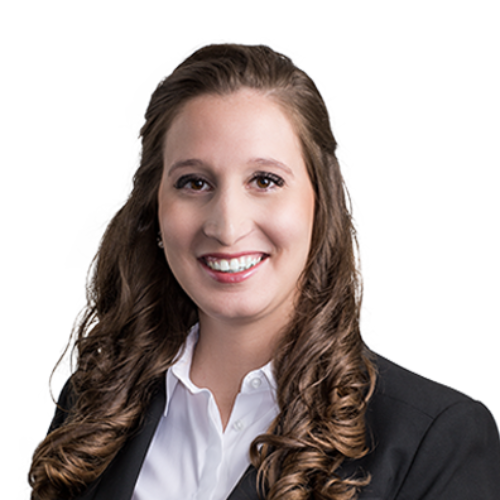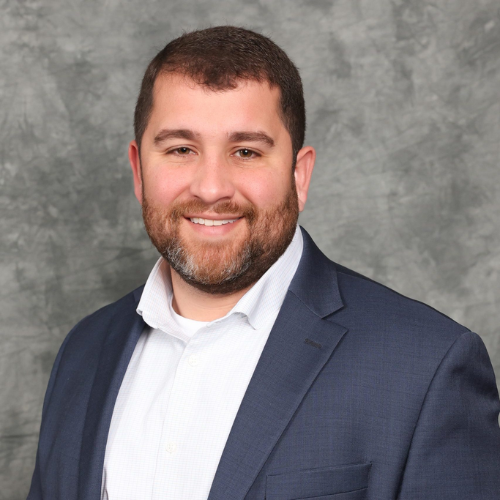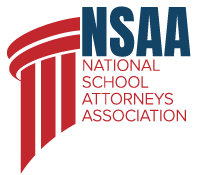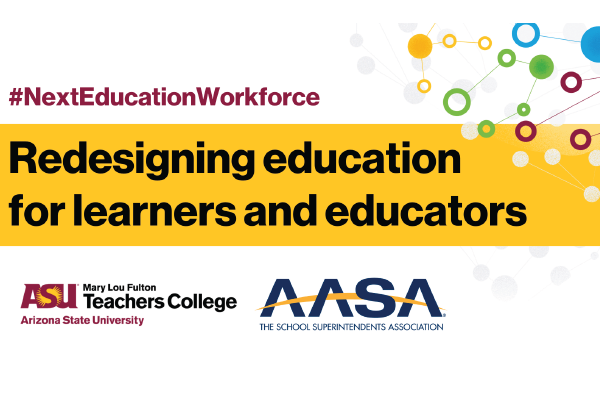Module I: Public Education - A Heavily Regulated Industry
Module II: Employee Rights
Module III: Students with Disabilities
Module IV: Student Rights
Module V: Rights and Responsibilities of School Officials
Module I: Public Education - A Heavily Regulated Industry
If public education is primarily a state function, why does so much federal law affect it?
In this introductory module, participants will learn how federal funding programs, civil rights requirements, and constitutional principles undergird school operations. Veteran school attorneys explain the nuts and bolts of the federal regulatory
framework, including how it's likely to change in the coming years after the Supreme Court's recent rulings. The module wraps up with insights on how to remain focused on child-focused policy making in the midst of heavy regulation.
Schedule:
Thursday, January 16 | Tuesday, January 28 | Thursday, February 13 | Tuesday, February 25
Please Note: Each session is held from 2-4 PM EST. Sessions are also recorded and made available to participants.
Speakers: John Borkowski, Aleks Rushing, David Rubin, Doug Thorne, Shelley Chatfield
REGISTER FOR THIS SINGLE MODULE
See full program registration options above.
Module II: Employee Rights
Collectively, public school districts are the nation's largest employer.
Federal law affects nearly every employment decision districts make; from wage and hour requirements to anti-discrimination laws to First Amendment rights. In this module, a team of veteran school employment attorneys will explain how federal
law influences and affects hiring, terminating, evaluating, training, assigning, promoting, and transferring staff.
Schedule:
Thursday, March 13 | Tuesday, March 25 | Thursday, April 10 | Tuesday, April 29
Please Note: Each session is held from 2-4 PM EST. Sessions are also recorded and made available to participants.
Speaker: Namita Brown
REGISTER FOR THIS SINGLE MODULE
See full program registration options above.
Module III: Students with Disabilities
Since the early 1970s, when federal courts and Congress first required public schools to welcome and serve students with disabilities, the web of law and regulation governing how they do so has grown and evolved.
Today, school leaders must serve students with disabilities in a complex regulatory environment. In this module, school attorneys who regularly advise schools in matters involving students with disabilities lay out the federal requirements. Participants
leave with a working understanding of the rules for identifying, evaluating, and serving eligible students with disabilities, and addressing disputes through due process and litigation.
Schedule:
Thursday, May 15 | Thursday, May 29 | Tuesday, July 22 | Thursday, August 7
Please Note: Each session is held from 2-4 PM EST. Sessions are also recorded and made available to participants.
Speakers: Kaitlin Atlas and Jennifer Smith
REGISTER FOR THIS SINGLE MODULE
See full program registration options above.
Module IV: Student Rights
In 1969, the United States Supreme Court held that a public school could not restrict students from wearing black armbands in a passive, silent, non-disruptive political protest at school. Students, the Court explained, do not “shed their
constitutional rights to freedom of speech or expression at the schoolhouse gate.” Courts, Congress, and the Executive agencies have recognized additional protections for students in a variety of contexts.
Experienced school attorneys who frequently advise on student rights issues will provide an overview of current federal law on sex and race discrimination, procedural due process in discipline, equal protection, privacy rights, and rights of specific
populations such as English language learners.
Schedule:
Tuesday, August 19 | Thursday, September 4 | Tuesday, September 16 | Tuesday, September 30
Please Note: Each session is held from 2-4 PM EST. Sessions are also recorded and made available to participants.
Speakers: Lisa A. Brown, Adam Rothey, Chris Gilbert, Oleg Nudelman, Katie Long, Ashley White, Holly McIntush, Kendra Yoch, Amber King and Rebecca Bailey
REGISTER FOR THIS SINGLE MODULE
See full program registration options above.
Module V: Rights and Responsibilities of School Officials
Federal law not only dictates many requirements affecting school operations, staffing decisions, and student policies; it also protects school officials in some instances.
In this final module, school attorneys well-versed in the roles and responsibilities of school leaders explain constitutional protections afforded to public officials acting in their official capacity, their recognized authority in areas including
policy making and curriculum matters, and how they may face liability in limited circumstances.
The module will conclude with a look ahead so that participants will have a heads up about where the law is going in the coming years.
Schedule:
Tuesday, October 21 | Thursday, October 30 | Tuesday, November 4 | Thursday, November 20 | Thursday, December 4 (Program Wrap-Up)
Please Note: Each session is held from 2-4 PM EST. Sessions are also recorded and made available to participants.
Speakers: Ben Torres, Joy Baskin, Jim Walsh
REGISTER FOR THIS SINGLE MODULE
See full program registration options above.





















